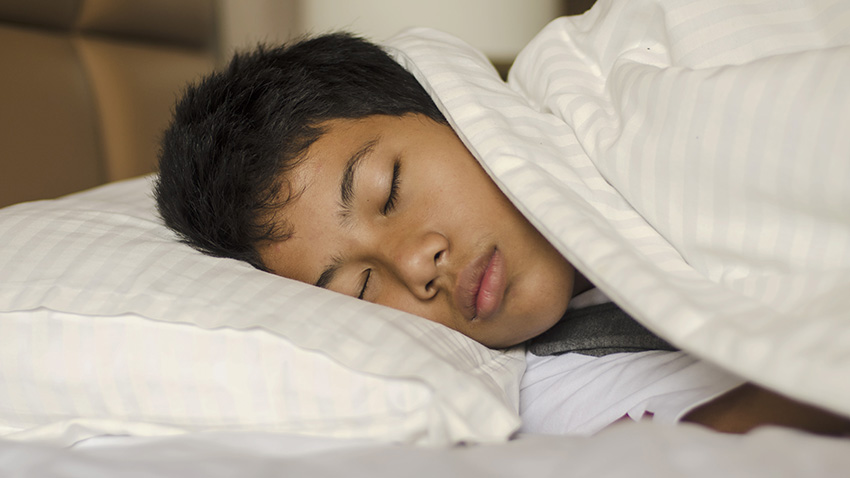Sleeping adequately often helps maintain a healthy body balance.
Not getting enough sleep can lower your sex drive, weaken your immune system, cause thinking issues and lead to weight gain.
When you don’t get enough sleep, you may also increase your risk of certain cancers, diabetes, and even car accidents.
Here are the side effects of not sleeping adequately:
· Prone to sickness
Losing sleep can impair your body’s ability to fight off illness. This makes it easier to get sick.
Researchers uncovered a reciprocal relationship between sleep and your immune system. You may lose additional sleep while your body fights off a bug if you get sick and haven’t had enough shut-eye.
· Cancer risk increases
Shortened sleep is associated with higher rates of breast cancer, colorectal cancer and prostate cancer, according to the AASM’s sleep statement.
Overnight shift workers may take the brunt of this burden. The good news is that men and women who slept seven or more hours per night had the best mortality rates in the group.
· Causes serious health problems
Sleep disorders and chronic sleep loss can put you at risk for:
Heart disease
Heart attack
Heart failure
Irregular heartbeat
High blood pressure
Stroke
Diabetes
· Kills sex drive
Sleep specialists say sleep-deprived men and women report lower libidos and less interest in sex. Depleted energy, sleepiness, and increased tension may be largely to blame.
· Ages your skin
Most people have experienced sallow skin and puffy eyes after a few nights of missed sleep. But it turns out that chronic sleep loss can lead to lackluster skin, fine lines, and dark circles under the eyes.
When you don’t get enough sleep, your body releases more of the stress hormone cortisol. In excess amounts, cortisol can break down skin collagen, the protein that keeps skin smooth and elastic.
· Makes you forgetful
Trying to keep your memory sharp? Try to get plenty of sleep.
In 2009, American and French researchers determined that brain events called “sharp wave ripples” are responsible for consolidating memory. The ripples also transfer learned information from the hippocampus to the neocortex of the brain, where long-term memories are stored. Sharp wave ripples occur mostly during the deepest levels of sleep.
· Sleeplessness is depressing
Over time, lack of sleep and sleep disorders can contribute to the symptoms of depression. In a 2005 Sleep in America poll, people who were diagnosed with depression or anxiety were more likely to sleep less than six hours at night.
· Sleeplessness causes accidents
Studies show that sleep loss and poor-quality sleep also lead to accidents and injuries on the job. In one study, workers who complained about excessive daytime sleepiness had significantly more work accidents, particularly repeated work accidents. They also had more sick days per accident.




